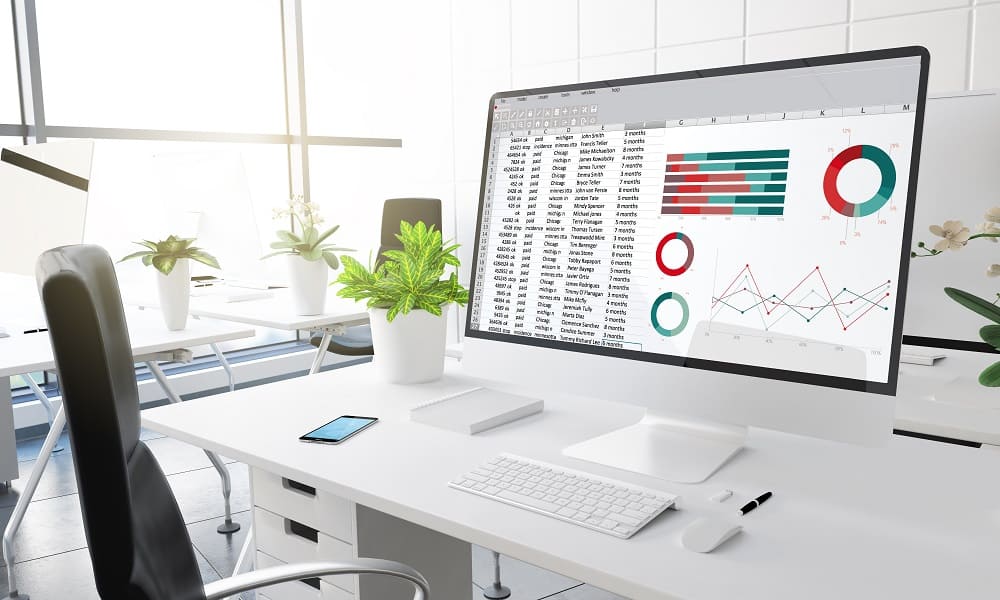If you’re in the bookkeeping management role, you know that there are time-consuming processes that may compromise the efficiency of other tasks. Every business sector must have effective means of fulfilling responsibilities that don’t consume too much time. Accounting is a delicate matter, with corners that need thorough coverage. You may not be able to keep a grasp of things if you’ve got no way of managing your time well.
The task of accounting requires careful handling so that the trivial things don’t get in the way of your success. There are things you can do to work faster, smarter, and minimize errors and wastage. Here are a few tips.
Be A Faster, Better Accountant
1) Use Invoice Automation
If you’re still handwriting invoices, then you’re living in the dark ages. There are various accounting software available, and you can access them on your desktop computer or your smartphone. They’re beginner-friendly, customizable, and easy to navigate. When you use a good software, it takes a few minutes to input data and send invoices to your clients.
2) Ditch The Papers
Minimizing physical files can help you gradually get rid of clutter. Using a computer filing system and software for keeping client information will lower the time you need for sorting through various accounts. Using programs that allow you to set computations and deliver numerical answers in seconds gives you more time to organize. When you hold and organize data on your computer, you can easily find everything and keep your workspace cleaner.
3) Automate Payroll
You don’t have to hire extra hands to monitor workforce activity anymore. Give your staff access to payroll software, then track their productivity and calculate rates automatically. All they need to do is to activate the software before starting work and keep working. It monitors activity through keystrokes and pauses once it detects inactivity. The software helps you to focus and allows more time for other areas of the business because you don’t have to dwell so much on the company payroll.
4) Use Debit and Credit Cards
Cash is the best deal most of the time. However, cash may complicate things for company expenses. Keeping track of cash outflow includes knowing the purpose of each withdrawal from different business accounts. You or your accounting department may have to sort through different accounts, which may eat a lot of time. It’ll be a lot better to dedicate credit and debit cards for paying for products and services automatically. You’ll be aware of the payment details, like merchant name, amount, and date. This works the same way for sales automation where you receive payments for products automatically.
5) Set Time To Update Books
Business owners are not necessarily bookkeepers as well. Most of the time, owners hire the most qualified personnel to handle that side of the business. However, if you’re not in the position to hire one, set a time to update the books of account. Create your filing system that contains all the bills, taxes, and invoicing. Archive past transactions properly based on date. You won’t be missing any information, and you’ll get things done fast. It’ll help reduce the time spent in sorting through revenue and expenses after they pile up.
6) Keep Track of Systems Performance
You can have all the smart AI technology working to your advantage but overworking your equipment without proper maintenance can give you a headache later. Set aside time every week to check your computer systems to ensure that no viruses are invading the system. Update programs and use the latest versions so that it won’t lag or stop in the middle of a busy day. Take the help of IT professionals if you’re not sure where to start. Investing in the right performing equipment with proper maintenance helps you keep time and money on your side.
7) Take Advantage of Software Integrations
There are some types of accounting software for businesses that allow syncing with another. You can easily access transactions by importing data. That saves you time and you can focus on other areas of accounting that require more attention. Automating expense reports keeps you up to date on all the expenses made by the company during a specific period. This helps you or your CPA to balance accounts quickly and allows you more time to prepare for tax-related matters.
In Conclusion
When it comes to accounting, it’s vital to reduce the amount of time it takes and reduce the risk of human error. Using the right software can quickly help you manage different accounting areas of your business. It’ll make a big difference if you automate most of the data with proper backing to make sure that nothing goes missing. You may either study the different workings of the accounting section or hire a CPA for a specific period to help you get started the right way. Follow the tips above for efficient accounting.
